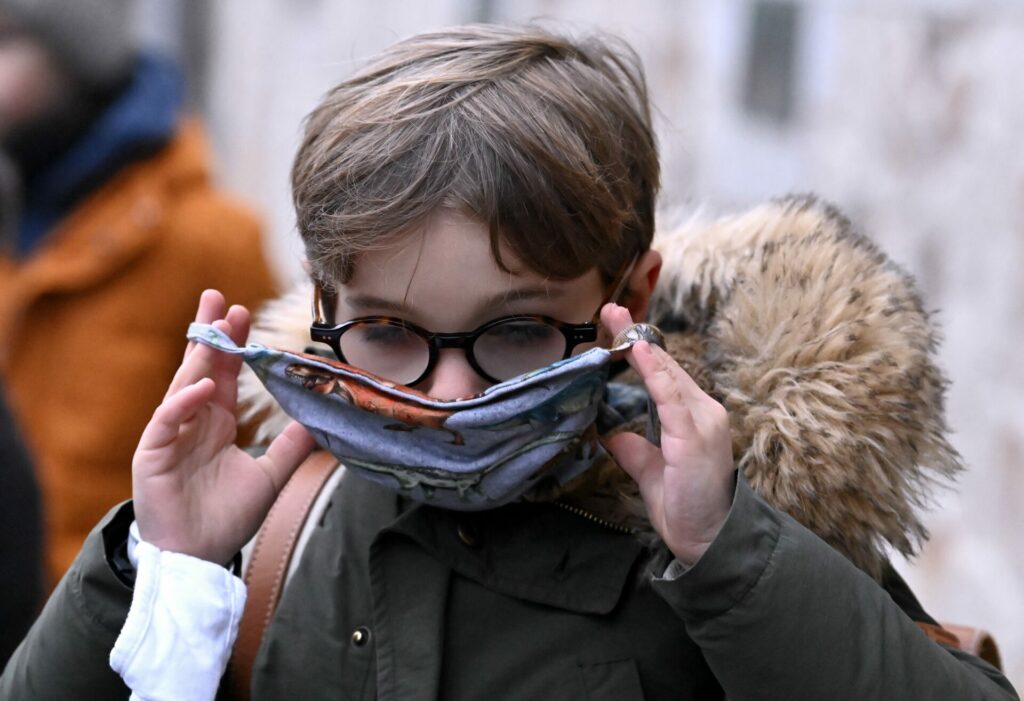The peak of Covid-19 infections with the BA.5 variant has likely been reached in Belgium, but that does not prevent virologist Marc Van Ranst from predicting the return of the need for face masks after the summer.
Covid-19 cases have started decreasing again in recent days (even though the number of hospitalisations and deaths have not yet followed), but that does not mean that we have seen the last of the virus, or the measures to contain it.
"If a new variant were to emerge and take off in the autumn, we had better be prepared not to make it too easy for the virus," Van Ranst said on Twitter. "Face masks on public transport would then probably be the first measure a government could reintroduce."
Theatres, cinemas and concert halls better make sure that their ventilation systems are working properly so no shows have to be cancelled and no venues have to be closed, he explained to De Standaard.
"We know what to do now: place CO2 meters, ventilate. I do not see any problems to the extent that things will have to close again," Van Ranst said. "But I do see a return of the face mask. Especially after the start of the school year, from 1 September. Now it is still holiday time, it is summer, we are living outside more."
Especially on public transport, face masks might be necessary again, according to Van Ranst. "That was the last sector to abolish the mask, and I think it will be the first one where it will have to return. In Spain and Germany, masks are still compulsory on public transport."
Related News
- WHO warns about surge in COVID-19 cases after Summer
- EMA officially recommends second booster doses for over-60s
- Autumn vaccination campaign: Who will be eligible for a fourth dose?
He added that people will also have to take their own responsibility to keep the virus under control – by self-testing if they think they might have symptoms, and by getting vaccinated.
"It is thanks to those vaccinations and infections that we now have milder symptoms. I can only plead for everyone to get their fourth vaccine. It will help us all," Van Ranst said.
"Without the vaccines, there would have been many more severely ill people in the past, and there would still be more severely ill people to come."

